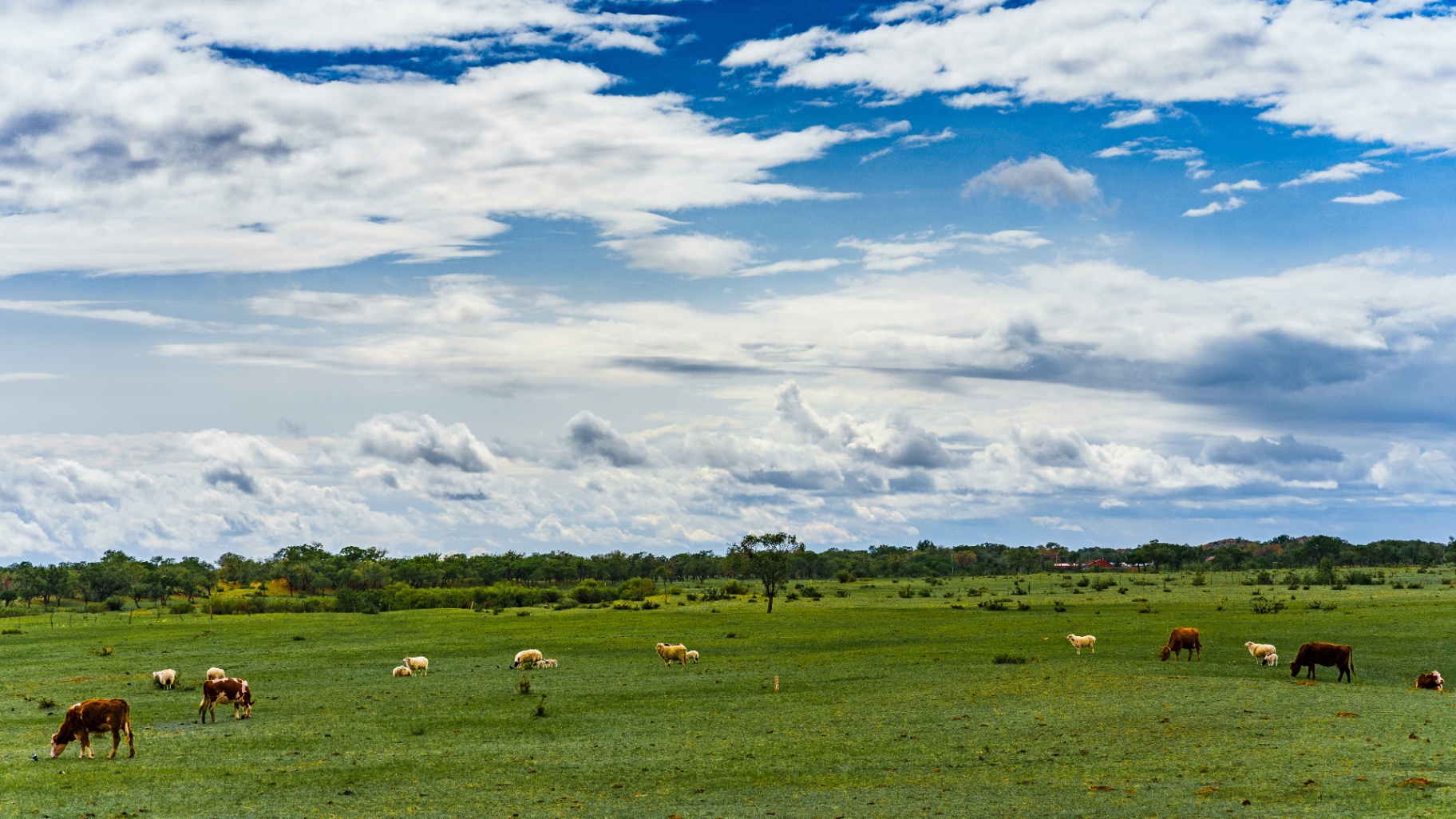“Home” is like a “dairy” farm

One of the most difficult questions for TCKs is where are you from? Or “where’s home for you?” It is sometimes difficult to answer because nowhere feels like home. Often though, many places feel like home, or many people are WHO make up home, but they or we are scattered now from when and where we knew them. I’ve thought of many metaphors that each capture part of this experience. The one I’ve had on my mind lately is a farm. It’s possible that you could ask a certain kind of farmer, “what’s the one thing you raise to sell?” and they’d have an immediate singular answer, but that would be a nonsensical question for some farmers I know. And of course that’s a different question than “What do you grow on your farm? The farmers I have in mind when I think about my “from-ness” are a “dairy farming” family in Wisconsin. They sell milk, but also calves, pigs, sheep, goats, maple syrup, in addition to raising horses, chickens and husky dogs. They also grow crops, including apples and hay. Also when you ask a farmer what they grow, you may be neglecting to recognize that in a farming family different family members may grow different crops or raise different animals. In this family each of their six children has a different animal they raise. One daughter has goats; a son raises steers. It’s certainly not as simple as one family farm equals one crop grown or livestock raised.
That complex farm might not be too surprising to you. Many people are familiar with the idea of a family farm with multiple crops and animals. But many people, especially non-TCKs don’t know that the place-connections of TCKs can be equally complex. Some TCKs don’t try to convey that complexity to strangers. They just pick a place, then explain more later if the conversation goes farther. That’s the “It’s a dairy farm” answer. Some TCKs list their places. Other TCKs have a paragraph they answer with. There’s no right answer, and for some, and really all of us at one time or another, that is a source of fear, confusion and sadness. For others, and I hope we can all experience this sometimes too, its fodder for mischief and mystery.
Really, what do we know about anyone when they say a place name they are “from”? My husband’s story includes one home town… and also Irish people pretending to be French and stealing horses from Canadian Mounties to get to the Oregon Territory… just for example. Everyone has a story, every family has a story of how they came to be where they live – or their experience of being indigenous. Everyone can love or hate or feel mixed about their growing up place(s). It’s just we TCKs could have multiple places we feel mixed about.
And let’s not forget of course that different family members can have different sets of places. Just like that one family farm has 8 different farmers, each expat family member can have a different place-connection blend. In my family of four, we have three different countries of birth and our U.S. fromness is split because my two parents grew up in three different parts of the U.S. Even though my brother and I are on our third state that we’ve both lived in at the same time, the families we married into that are as far apart as you can be, Washington state and Florida. I’d say we only don’t have connections in New England, but the families we were closest to in Papua New Guinea of course are there. Everywhere we go in the U.S. someone we know is near-ish. And there’s nowhere we can go to be with everyone. That is the delight and grief of being a TCK.
In these holiday times, we TCKs and/or those we love are often traveling, saying good-bye to one place and hello to another, saying goodbye to one set of loved ones and maybe hello to another set. Allow yourself to feel both the grief and delight of it. Remember this is our common experience with other TCKs. We’re not alone in it. It is as normal for us to have this plural sense of home as it is for Old MacDonald to have so many animals on his farm.
